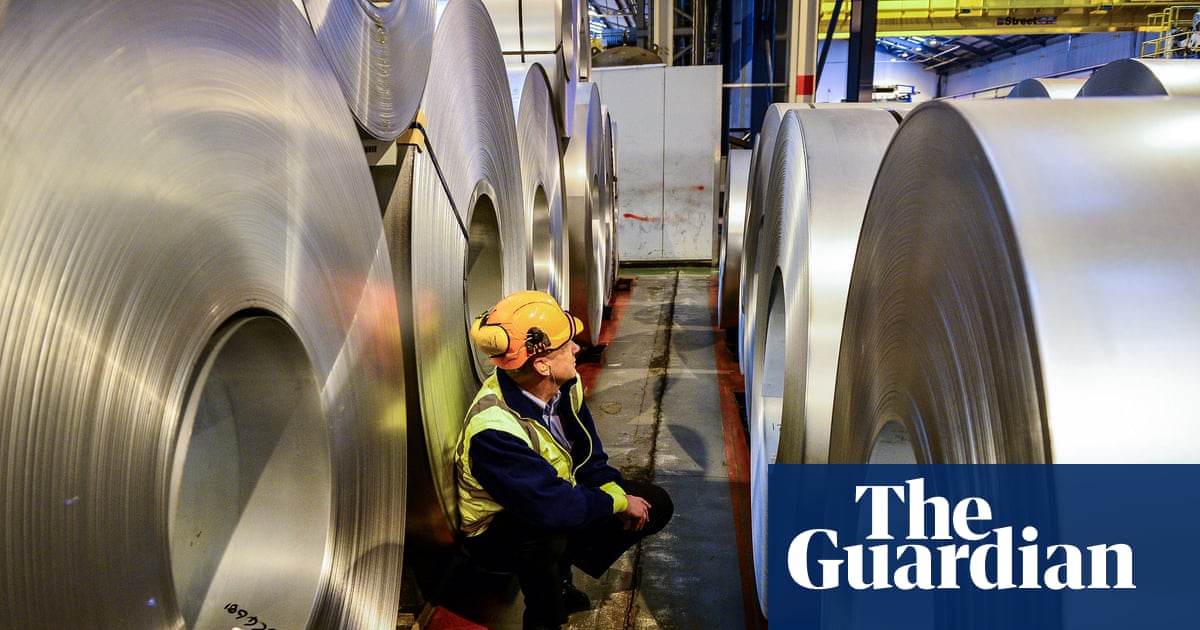
The UK metals industry is facing a storm of controversy after the government imposed new tariffs on steel imports from Asia with just 24 hours’ notice. This decision, aimed at protecting domestic steel producers, has sparked outrage among manufacturers who rely on imported steel, leading to threats of legal action against the government.
The Impact of Tariffs on the UK Metals Industry
In a move to safeguard UK steelmakers from cheaper imports, Business Secretary Jonathan Reynolds limited tariff-free steel imports from countries like Vietnam and South Korea this summer. While the intention was to support major UK steel producers such as Tata Steel in Wales and British Steel in Scunthorpe, the sudden implementation left steel-dependent manufacturers scrambling to manage costs and supply chains.
Paul Whitehouse, managing director at Steel & Alloy Gonvarri Industries in Birmingham, revealed how his company faced over £500,000 in additional tariff surcharges. He stated, “The government has shot itself in the foot. Acting this way, giving just 24 hours’ notice, has only increased our expenses. We work on very small margins—1% to 2%—and these extra costs matter.”
Why Are Businesses Considering Legal Action?
According to the Confederation of British Metalforming (CBM), this sudden imposition of tariffs created a ripple effect throughout the industry. Many manufacturers found themselves burdened with steel shipments already en route but now subjected to a 25% tariff. This has resulted in stockpiling at ports, logistical delays, and skyrocketing costs. Stephen Morley, CBM president, commented, “Steel is being stuck at ports, causing additional costs and uncertainties about the future for businesses already facing economic pressures.”
Who Benefits from the Tariffs?
The primary beneficiaries of the new tariffs are the UK’s raw steel producers, including Liberty Steel Group’s Speciality Steel UK, Tata Steel, and British Steel. These companies have struggled amid reduced domestic demand for steel, partly due to declining car production and slower activity in commercial construction.
The government argued that the tariffs followed recommendations from the Trade Remedies Authority (TRA). However, Reynolds set a lower cap on tariff-free imports at 15%, compared to the TRA’s recommendation of 40%, and implemented the change immediately instead of the industry-anticipated date in October.
How Businesses Can Adapt
With new tariff regimes in place, steel manufacturers and those dependent on imports must explore alternative sourcing strategies and focus on reducing operational costs. Investing in supply chain technology and consulting with trade experts can help businesses mitigate the impact of future changes.
Steel Industry Resources
If you’re looking to improve logistics management during these turbulent times, consider tools like Oracle Supply Chain Management. Comprehensive supply-chain solutions can optimize operations and improve resilience.
For those in the steel industry, keeping updated on government policy changes and looking into legal recourse when necessary is crucial for future decision-making and industry sustainability.
Looking Ahead
The UK steel industry’s future hinges on balancing protective measures for domestic producers with the needs of manufacturers who rely on affordable imports. As manufacturers consider a judicial review of Reynolds’s decision, the outcome could set a precedent for how trade policies are implemented moving forward.






